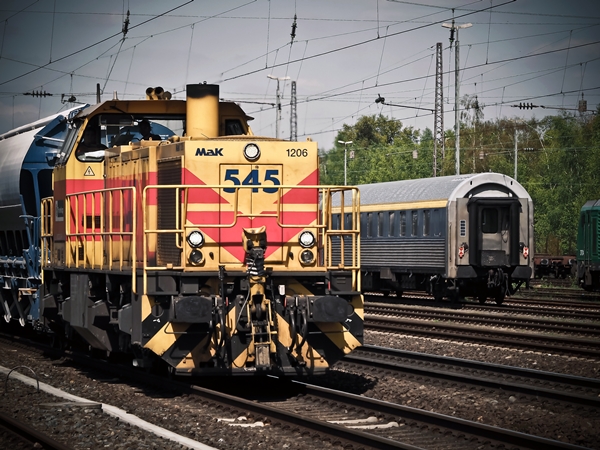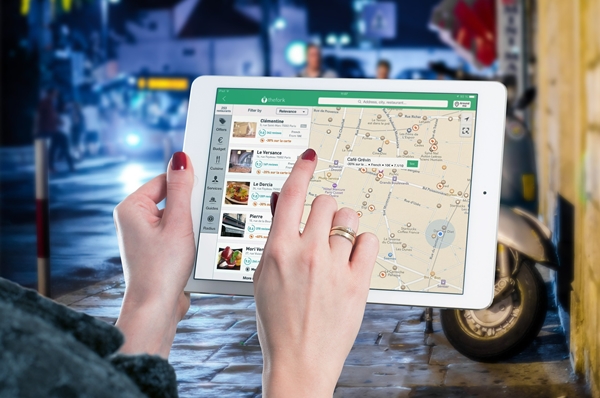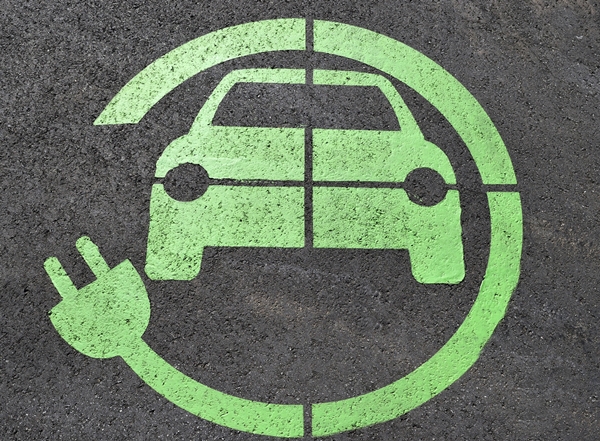– Contributed content –
21 August 2017. Scientific and technological advancements are changing the world around us. In day to day life, we are constantly connected, working on the go, and using apps and programs to help us plan and arrange every part of our lives. Industries are changing too. The advent of robotics, lasers and electronic systems have revolutionized the health care sector, and more and more people are working solely online. Another industry which is quickly developing with new technologies is transport. Here are 5 ways technology and science are changing the field of transportation.
Model based systems engineering
Transport companies and providers are using model based systems engineering (MBSE) to modernize every part of the design, manufacture, and maintenance of their services and vehicles. MBSE uses models to help engineers with requirements analysis, validation, and verification, functional analysis, performance analysis, trade studies, and system architecture specifications to result in higher quality designs, less human error and a more productive workforce. This will mean systems are developed faster, easier and more cheaply without the risk of expensive mistakes, allowing companies to spend more time and money on futuristic designs and developments.
Driverless
The development of driverless cars is quickly upon us and constant disputes between train drivers and employers over hours and pay mean that driverless trains won’t be far behind. The only thing standing in the way of progress when it comes to driverless vehicles is our general mistrust and fear of robotics. However, most road traffic accidents are caused by human error, which driverless eliminates entirely.
Booking systems
Long distance travel has utilized the internet and apps for a long time now. For years you’ve been able to check flights and trains, book online and monitor incoming times and other details. Shorter trips, however, are a little behind. In the future, you’ll be able to book all journeys on an app and never need lose change for the bus. You’ll also be able to check their locations live instead of having to put your faith in unreliable, out of date time tables.
No more getting lost
Getting lost, not knowing where you’ve left your car or not knowing where you are, are quickly becoming a thing of the past. Thanks to GPRS and WiFi signals in public locations, while you might not know where you are, your phone, and even your car, do. This means you never need to worry about getting lost, emergency services can always find you in the event of an accident and, your car is much harder to steel as you can watch its movements via an app on your phone.
Electric cars
Electric cars are becoming more popular all over the world. There are many perks to owning an electric car including, cheaper tax and insurance and preferred parking spaces in public car parks. Many countries are now starting to implement strategies which meant that by 2040 no gasoline cars will be produced and some car manufacturers are aiming to stop long before them. Electric cars mark a huge step in the fight against climate change.
Thirty years ago, people may have thought we’d all be jetting around in flying cars by now. While we might not be quite there, important advancements are being made and the future of the transport industry is starting to look very different.
* * *




 RSS - Posts
RSS - Posts
You must be logged in to post a comment.